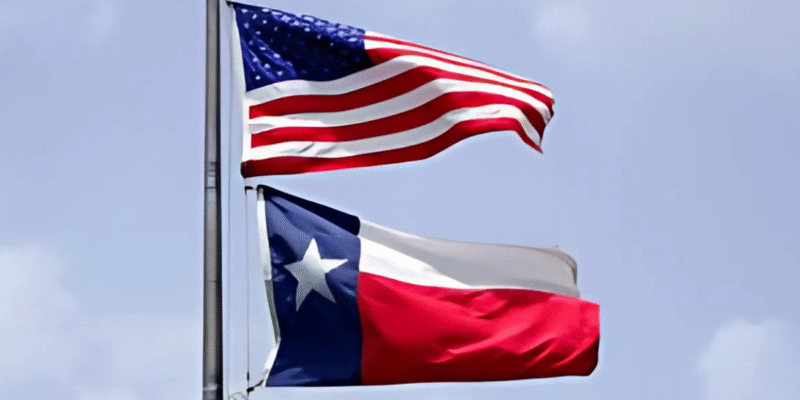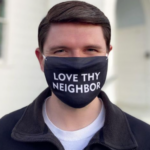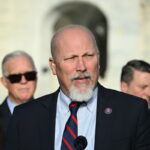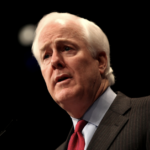An Illinois judge ruled this week that the state will not assist Texas officials in enforcing civil arrest warrants against Democratic state lawmakers who left Texas during the 2025 special legislative session to block redistricting.
The ruling, delivered by Judge Scott Larson, represents a setback for Texas House Speaker Dustin Burrows (R) and Attorney General Ken Paxton (R). Both had petitioned courts in Illinois and California to recognize civil warrants issued by the Texas House, aimed at compelling the return of Democratic lawmakers who fled to prevent a quorum.
Judge Larson dismissed the request, stating that Paxton and Burrows failed to demonstrate how the Illinois court had jurisdiction over “such a unique cause of action.”
He emphasized that the court could not determine whether “foreign legislators” were “willfully evading” Texas warrants, nor could it authorize Illinois law enforcement to execute those warrants against nonresidents.
“The quorum warrants issued by the State of Texas House of Representatives are geographically limited,” Larson wrote. “They specifically request that the Sergeant-at-Arms of the House of Representatives of the State of Texas take into custody the Member, ‘wherever the Member may be found in the State [Texas].’”
The court also clarified that even if jurisdiction had been valid, it could not compel the lawmakers' return to Texas. It would only determine whether they had disobeyed a lawful court order.
The ruling underscores the legal limitations states face when attempting to enforce legislative actions beyond their borders. Civil arrest warrants, unlike criminal warrants, generally lack interstate enforceability unless recognized by the receiving jurisdiction.
The Illinois court’s decision comes as Paxton continues to pursue additional legal avenues, including a petition to the Texas Supreme Court seeking to vacate the seats of more than a dozen lawmakers who participated in the walkout.
With courts outside Texas rejecting enforcement of the warrants, and legal remedies within the state still pending, the standoff remains a politically charged and unresolved battle.













